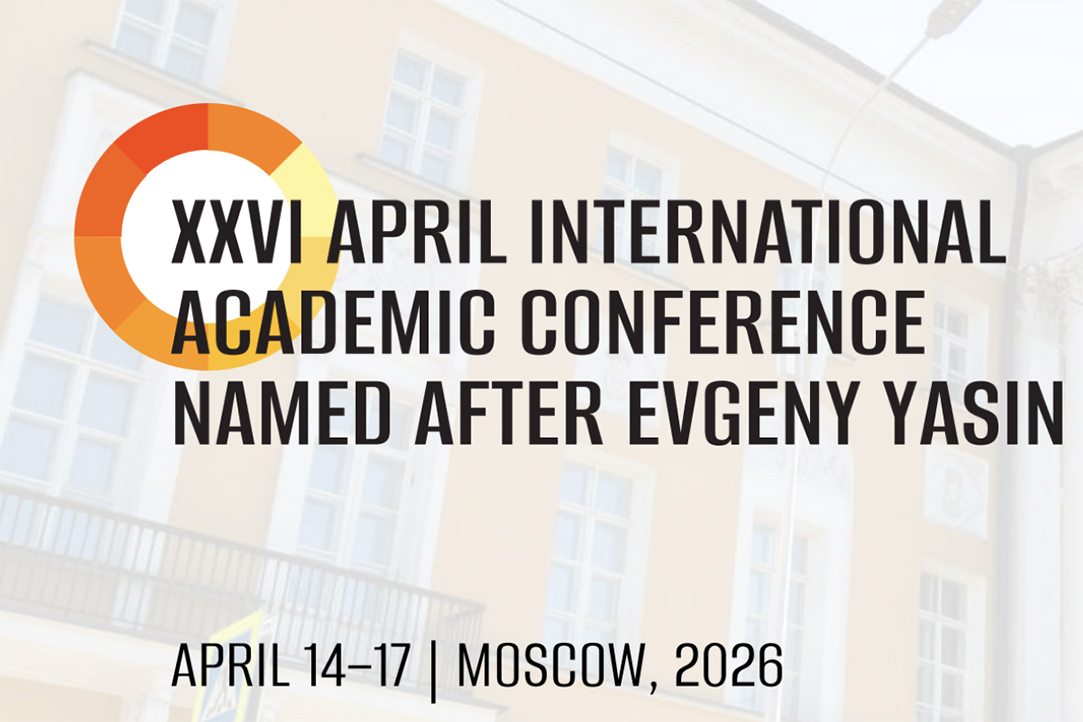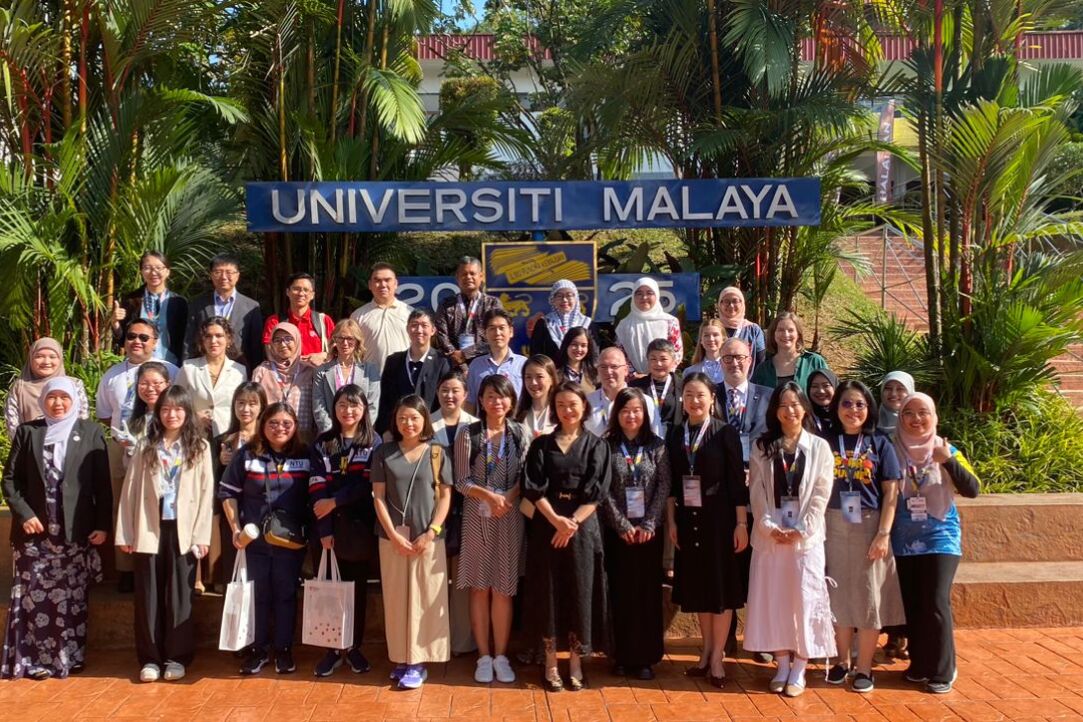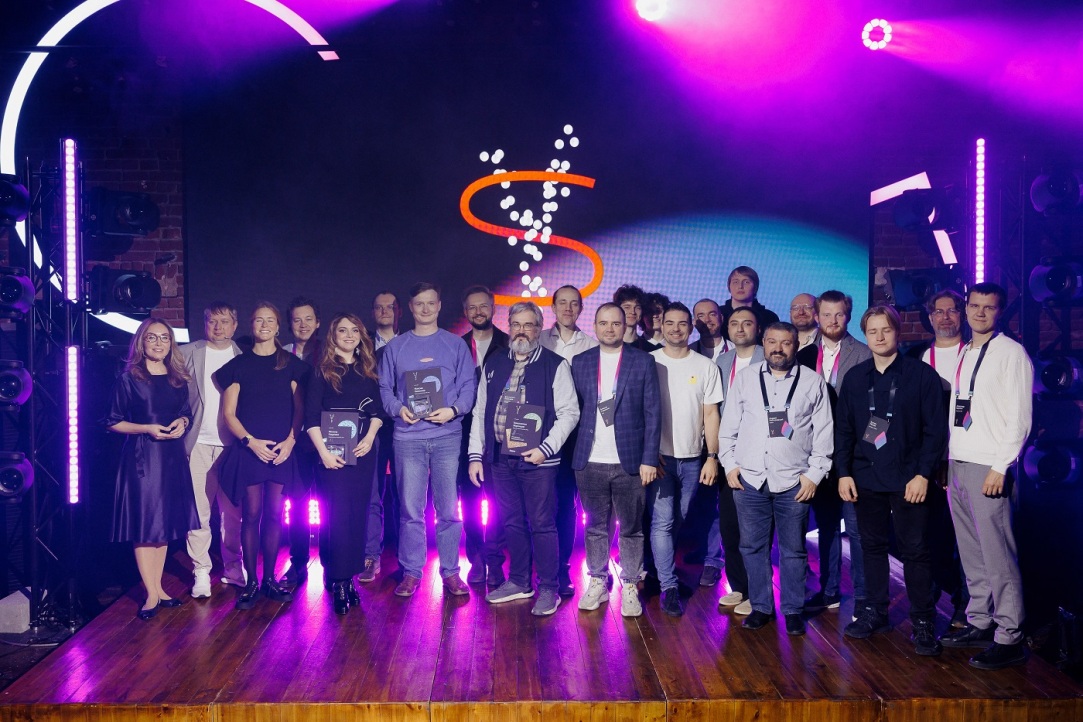
Applications for Participation in XXVI April International Academic Conference Still Open
Applications can be submitted on the conference website until December 16, 2025. The programme has been developed around five research themes: Economics, Human Capital and Society, Instrumental Methods and Models, Foresight Research, and International Research. The heads of these areas have presented, in video format, the priority topics and sections for which they are expecting submissions.

Delegation from HSE University–St Petersburg Participates in First International Week at Leading University in Malaysia
Representatives of HSE University–St Petersburg were the only participants from Russia at the large-scale event, which gathered delegates from more than 20 countries at Universiti Malaya in Kuala Lumpur.

‘Employers Know That HSE Graduates are Well-Prepared, Analytical, and Adaptable’
Warda Tariq, from Pakistan, completed her Master’s in Data Science at HSE University–Moscow in 2024. She is now undertaking a PhD at the Faculty of Computer Science while working remotely as an AI/ML developer. Warda spoke to the HSE News Service about blending theory and practice, what an HSE education provides apart from academic knowledge, and her advice for making the most of university.

From Mexico to Buenos Aires: HSE University–St Petersburg Enhances Cooperation with Leading Universities in Latin America
New mobility programmes, academic exchanges, and unexpected collaborations—these are the results of the HSE University–St Petersburg delegation's mission to Latin America. Read on to find out about the key agreements made.

HSE Students Among Top 10 Finalists of POC CTF
Five students from the HSE Tikhonov Moscow Institute of Electronics and Mathematics (MIEM HSE) have ranked among the top ten finalists of the major cybersecurity competition POC CTF. The final, held in Seoul (Republic of Korea), brought together 50 students and professionals representing leading global companies and universities in the field of cybersecurity.

IDLab: Fascinating Research, Tough Deadlines, and Academic Drive
The International Laboratory of Intangible-driven Economy (IDLab) was established at the HSE campus in Perm 11 years ago. Its expertise in data processing and analysis allows researchers to combine fundamental studies with applied projects, including the development of risk and cybersecurity models for Sber. The head of the laboratory, Professor Petr Parshakov, and Senior Research Fellow Professor Mariya Molodchik spoke to the HSE News Service about IDLab’s work.
‘Everything I Do at Work Is Connected with What I Studied’
Anna Gonzales, a Peruvian graduate of the School of Innovation and Entrepreneurship at HSE University, completed her Master’s in International Business in 2024. Currently based in Moscow, she works remotely as Marketing Team Lead at Digital Tide, an international IT company. In this interview, Anna reflects on her academic journey at HSE University. From landing her first job as a student to advancing through roles in marketing and technology, Anna shares her insights on cross-cultural collaboration and the lasting value of her HSE education.

HSE Lecturers Awarded Yandex ML Prize 2025
The Yandex ML Prize is awarded to lecturers and heads of educational programmes who contribute to the development of artificial intelligence in Russia. This year, 10 laureates were selected from 300 applicants, including three members of the HSE Faculty of Computer Science (FCS). A special Hall of Fame award was also presented for contributions to the establishment of machine learning as an academic field. One of the recipients was Dmitry Vetrov, Research Professor at the HSE FCS.

Eighth International U4U Online Seminar Unites Experts from 14 Countries
The HSE Online Campus hosted a two-day international U4U (Universities for Universities) seminar, which traditionally serves as a platform for exchanging expertise in online learning. This year, the event has reached a global scale, attracting international experts and representatives of universities from around the world. Together, they discussed key challenges and strategies for the development of online education. The online meeting was held in mid-November.
Technological Breakthrough: Research by AI and Digital Science Institute Recognised at AI Journey 2025
Researchers from the AI and Digital Science Institute (part of the HSE Faculty of Computer Science) presented cutting-edge AI studies, noted for their scientific novelty and practical relevance, at the AI Journey 2025 International Conference. A research project by Maxim Rakhuba, Head of the Laboratory for Matrix and Tensor Methods in Machine Learning, received the AI Leaders 2025 award. Aibek Alanov, Head of the Centre of Deep Learning and Bayesian Methods, was among the finalists.

